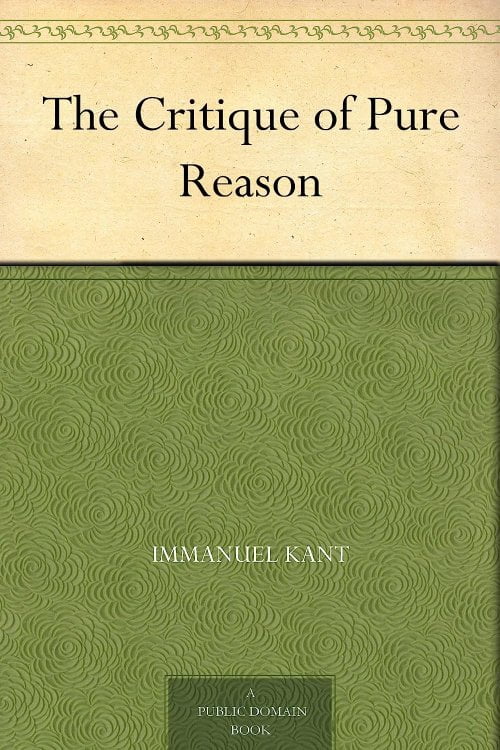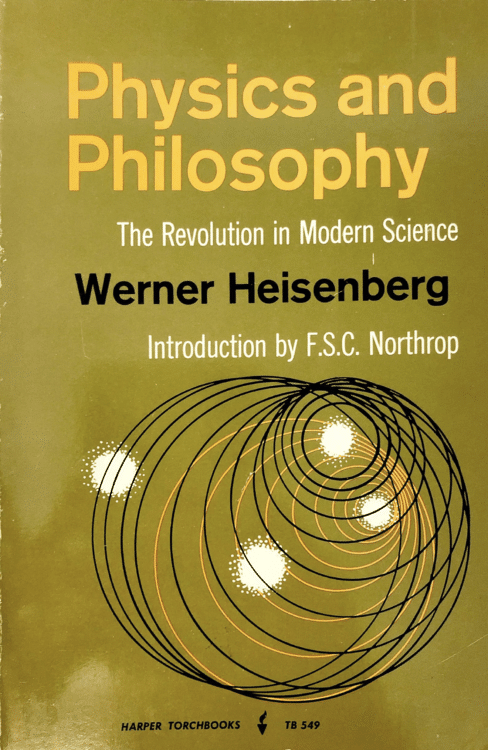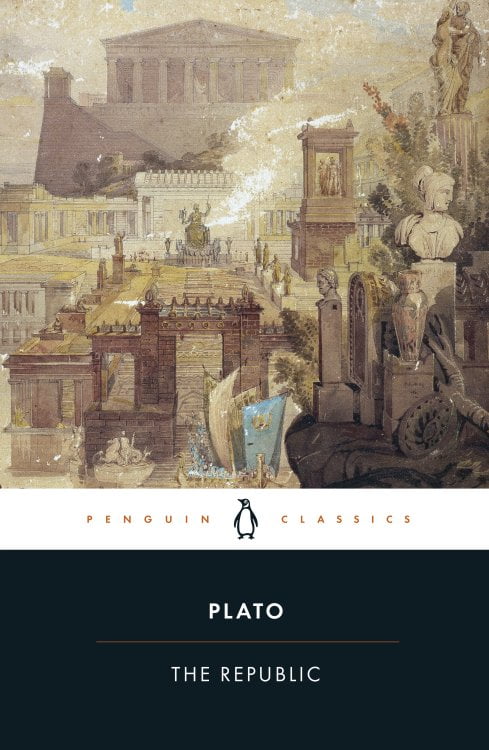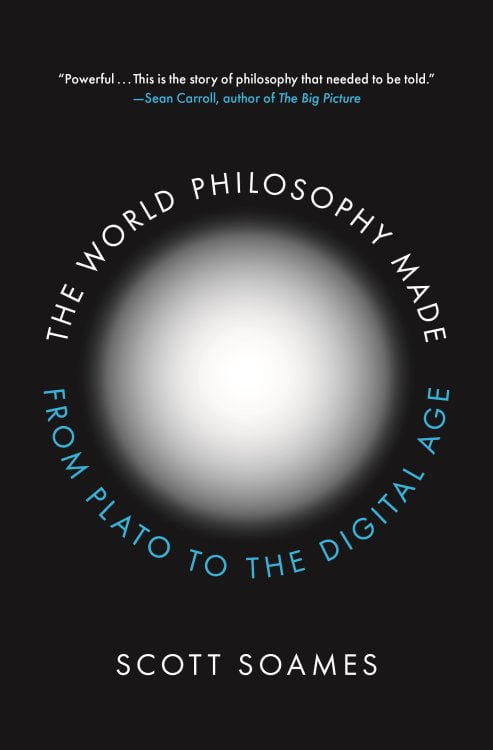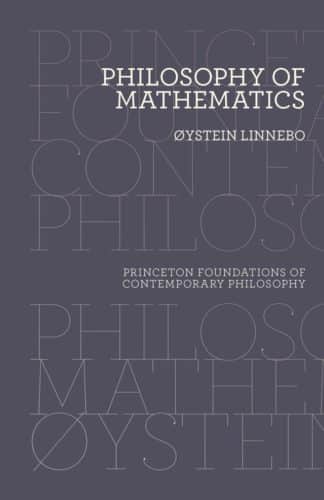In Spinoza’s thought-provoking book, Ethics, he challenges our beliefs about God’s love and emotions. According to him, God is impartial and cannot be influenced by our feelings. However, he firmly believes in the existence of God as the ultimate source of everything.
Spinoza’s Ethics teaches us the importance of self-preservation through moderation and reason. He identifies anger, envy, sadness, and hatred as the only true evils in the world. But fear not, for love, peace, and kindness can overcome them. Spinoza emphasizes that true power lies in understanding, particularly understanding God, and that joy is the ultimate form of satisfaction.
While Spinoza’s Ethics may be challenging to follow with its use of mathematical proofs, it is not without its merits. Spinoza’s deductive approach allows for pinpointing the essence of things, even if it may not be adaptable in proving ethical principles. Interestingly, his critique of religious texts in the Theological-Political Treatise employs a simpler method of reasoning.
Delve into Spinoza’s world of ethics and discover a new way of thinking about God, human emotions, and the power of understanding.



